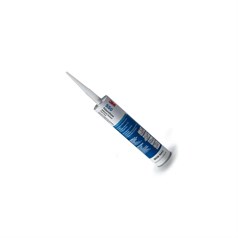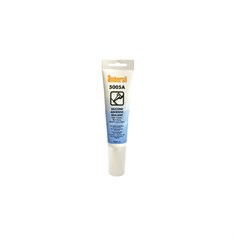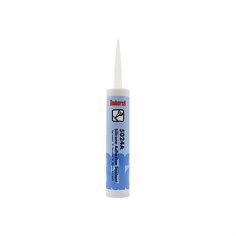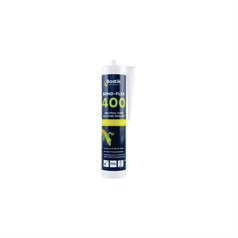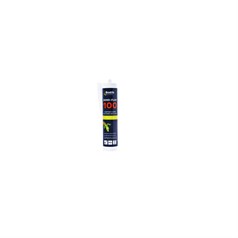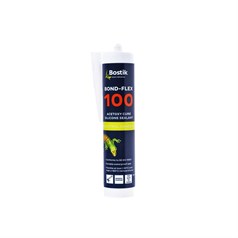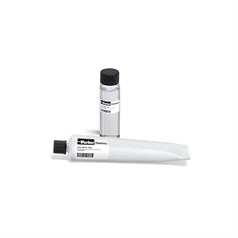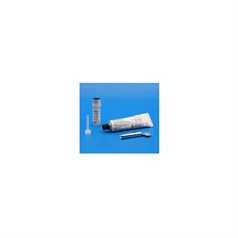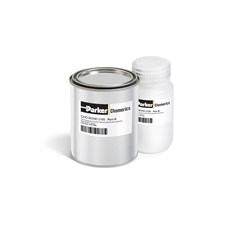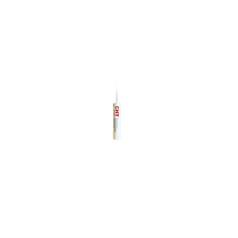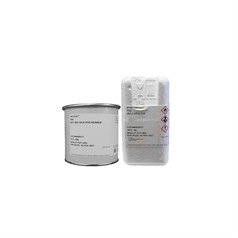Silicones
Industrial silicones are versatile materials, easy to process and apply. They are suited to a wide range of applications. They cure at room temperature. They harden to a tough, rubbery solid.
They have great resistance to weathering and chemicals. Most importantly, they have excellent sealing properties. Their typical temperature range is between -60° C and 315° C.
Conro offers a wide choice of products from major manufacturers such as Henkel Loctite and Dowsil.
Conro is an authorized distributor for Henkel Loctite.
Key advantages of silicones
- Watertight: They are 100% watertight. This makes them ideal sealants in many applications.
- Flexible: They remain flexible after curing. Certain silicones retain this property even in low temperatures.
- Good adhesion: They have strong adhesive properties. They are well-suited for sealing joints between dissimilar materials (e.g. glass and aluminium).
- Heat resistance: They have good heat resistance. Specific sealants are available for applications that require exposure to high temperatures.
- Chemical resistance: They are resistant to chemicals. Special silicones can be manufactured to resist specific substances. Electric insulation: Silicone sealants are useful for the insulation of electric and electronic materials.
Types of silicones
There are two main types of silicone sealants: acetoxy and neutral. The difference is based on their curing process.
- Acetoxy: This type releases acetic acid while curing. This causes a strong, vinegar-like smell. Acetic acid can be damaging to sensitive substrates. However, acetoxy silicones are still common, due to their lower cost. They are often used in industrial applications.
- Neutral: They release non-corrosive substances while curing. This makes them ideal for electric applications. Neutral silicones are odourless. They are more expensive than acetic ones.
1-part and 2-part silicones
1-part ones cure with no additional support. The product will begin to harden at room temperature. These silicones are easier to use, as they require no mixing.
2-part ones cure with the help of a curing agent. They require accurate measuring and mixing. They allow for an even curing process. 2-part ones are often used in moulding applications.




